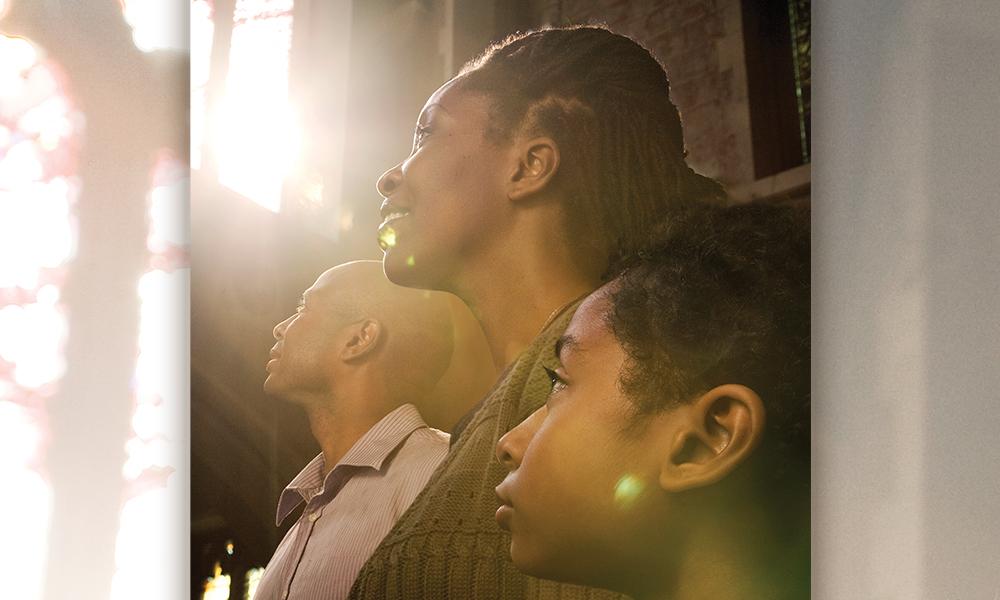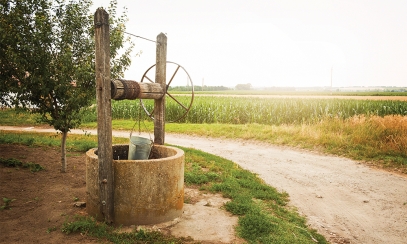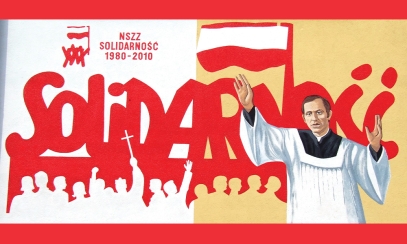
The call to family, community, and participation
A series on the social doctrine of the Church
A series on the social doctrine of the Church
The second of our seven themes of Catholic social teaching is the “call to family, community, and participation.” A good spiritual director once taught me that “when you encounter another, you really only have two choices in regards to your relationship to that person: to desire that they flourish or to desire their destruction.” That really sheds a bright light of clarity on how we organize our society and manage our relationships with others.
The second of our seven themes of Catholic social teaching is the “call to family, community, and participation.” A good spiritual director once taught me that “when you encounter another, you really only have two choices in regards to your relationship to that person: to desire that they flourish or to desire their destruction.” That really sheds a bright light of clarity on how we organize our society and manage our relationships with others.
Of course, for the Christian, it is evil to desire anything except the flourishing of the other. We remember that God loves our worst enemy as much as He loves us, so we must not desire the destruction of any human life. But above and beyond that, we must also organize our lives and participate in society in such a way as to promote the flourishing of the whole human family, and this is a work of the Church and its members.
The first and most foundational level of the organization in society is the human family. The family is the first “school of charity” for all children.
It is in the faces and voices of our mothers and fathers that we learn the first lessons of how to love and flourish in this world. Sadly, we can also learn bad examples when we encounter destructive actions in the heart of the family, so it is all the more important that the Christian family dedicate itself to providing the best education in love and flourishing that it can.
In so doing all who grow up in the heart of the Christian family will not only have a clear vision of what it means to desire the good for the other but also have a powerful sense of the common good in the larger society — the human family and even the family of nations on earth.
One of the first lessons we learn as humans is that we are not alone in this world and that we must, by the nature of our humanity, live in right relationship with others. This idea can be powerfully challenged in our current society, which often teaches a radical individualism and promotes isolation from true community through technological dependance and immediate self-gratification at the expense of others.
Something as simple as showing up every Sunday to Mass and participating consistently in the life of the Church community by offering one’s presence to others can have a transformative effect on the person and on society. A society made up of members who understand and value the flourishing of others is a society that can truly make progress for the good. In our Catholic household of faith, we have radical access to this opportunity to be transformed into those who desire flourishing for all, and then, we have the undeniable opportunity to transform the destructive elements of our society into agencies for the common good.
Father John G. McDonald is currently pastor of Sacred Heart of Jesus Catholic Church in Anniston. He was principal and then president of John Carroll Catholic High School from 2008 to 2016, and he served as the Carl J. Peter Chair of Homiletics at the Pontifical North American College in Rome from 2016 to 2019.



